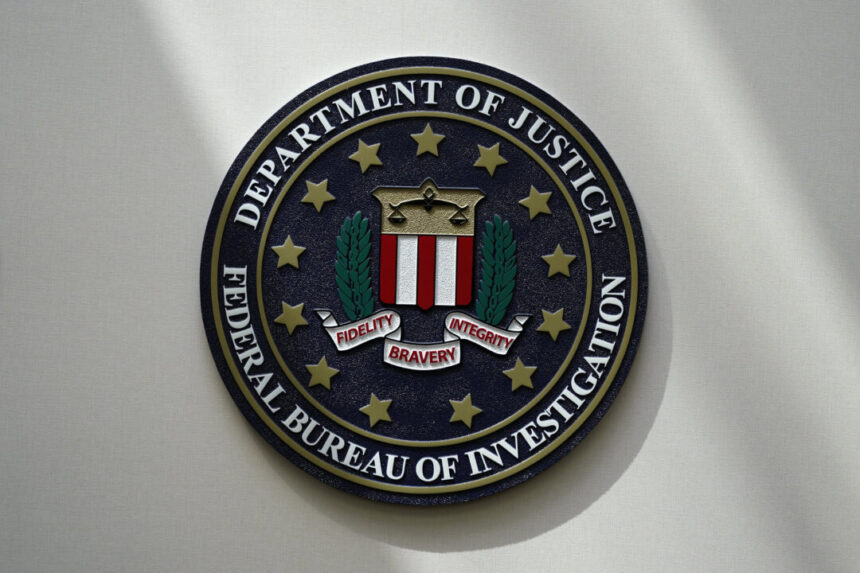Government imposters are utilizing spoofed numbers and officials’ names to request payments via Bitcoin ATMs and prepaid cards.
The U.S. Marshals Service and the FBI are alerting the public about prevalent phone scams involving individuals posing as law enforcement officials. These scammers pretend to be U.S. Marshals, court officers, or other government agents to deceive victims into making payments to avoid arrest.
These deceptive callers allege that the victim has committed an offense like identity theft or failing to report for jury duty. They instruct victims to withdraw cash and transfer it to the government, buy prepaid debit or gift cards, or deposit money into Bitcoin ATMs to pay alleged fines.
To appear legitimate, scammers often provide badge numbers, names of actual law enforcement officials and federal judges, and even spoof caller IDs to make it seem like they are calling from a government agency or courthouse, according to the agencies.
In Colorado, there have been numerous reports of scammers using the names of real U.S. Marshals, such as U.S. Marshal Kirk Taylor, claiming that there is a warrant for the victim’s arrest unless a payment is made.
Victims in the state have collectively lost tens of thousands of dollars, with the U.S. Marshals Service receiving daily inquiries from individuals targeted by these scams.
Authorities recommend that scam victims report the incident to local police and file a complaint with the FBI Internet Crime Complaint Center at ic3.gov. Callers can choose to remain anonymous.
Law enforcement agencies emphasize that individuals should never disclose personal or financial information to unknown callers. The U.S. Marshals Service assures that it will never request credit or debit card numbers, wire transfers, bank routing numbers, or Bitcoin deposits for any reason.
If in doubt, authorities suggest hanging up and contacting a local court clerk to verify any supposed court orders.
According to the FBI’s Internet Crime Complaint Center (IC3), over $37 billion in losses has been reported due to cyber-enabled crimes from 2019 to 2023. Every submission to the IC3 aids law enforcement in understanding the broader threat landscape and can potentially lead to actionable investigations.
The IC3 stresses the value of tips in combating cybercrime. These tips, along with other data, enable the FBI to investigate reported crimes, identify trends and threats, and potentially freeze stolen funds. Additionally, IC3 shares crime reports with FBI field offices and law enforcement partners to enhance the collective response to cyber threats on a local and national level.
Source link





